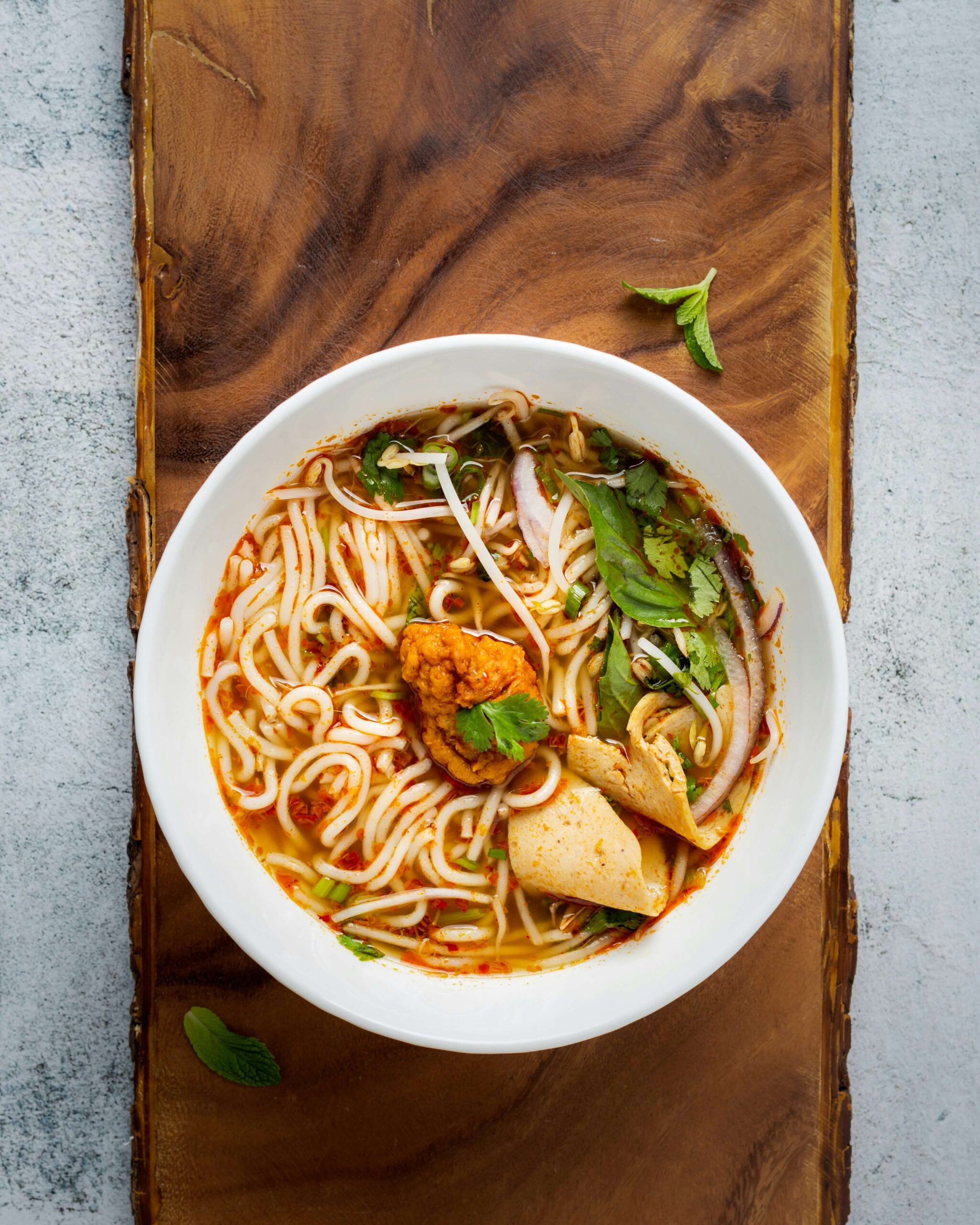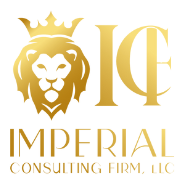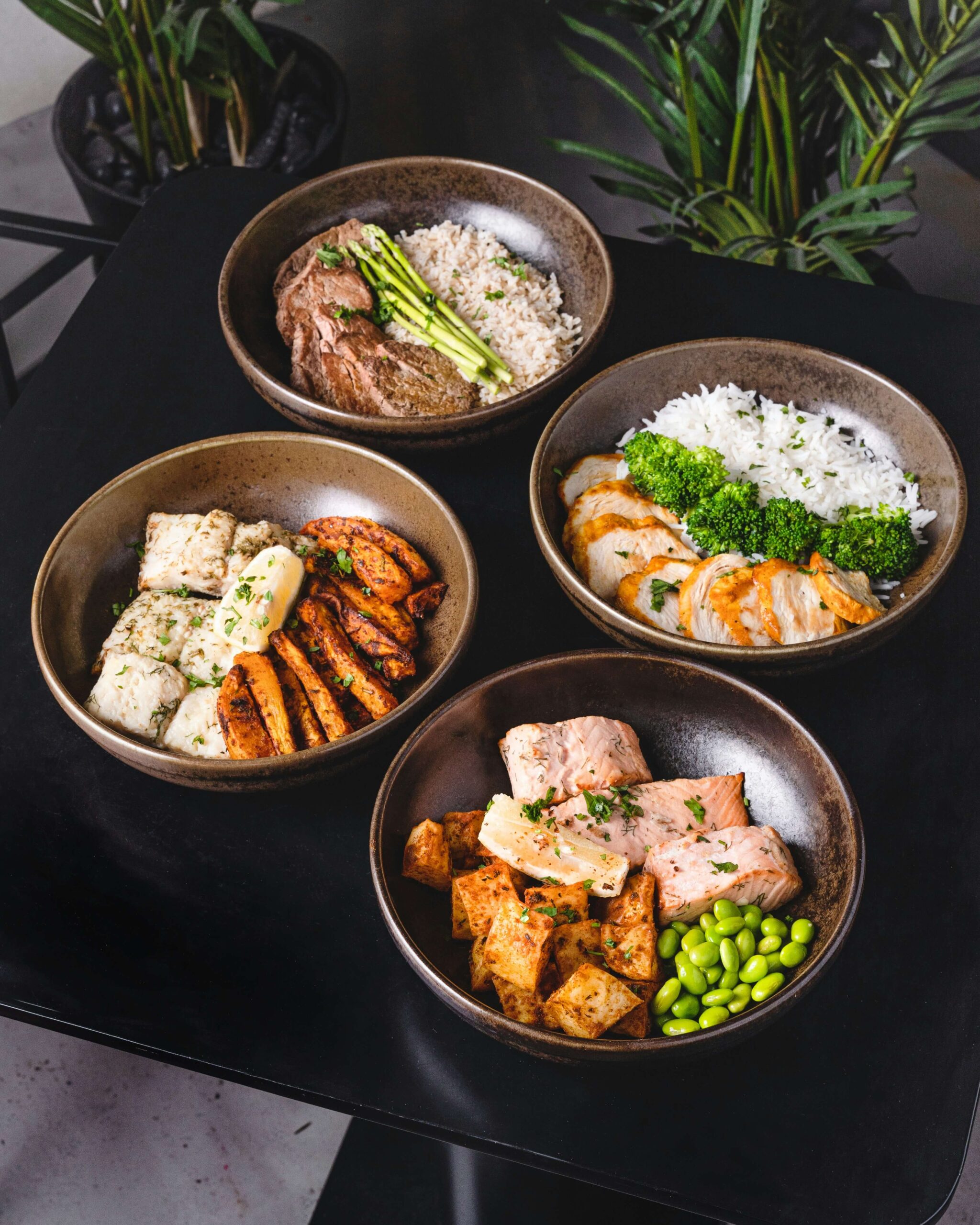Understanding Wound Healing
Wound healing is a complex process that the body undertakes in response to injury. It can be categorized into three distinct but overlapping phases:
- Inflammatory Phase: This initial response to injury involves clearing out the damaged area. It’s characterized by redness, warmth, swelling, and sometimes pain.
- Proliferative Phase: During this phase, the body starts rebuilding the wound with new tissue, including the formation of collagen and new blood vessels.
- Maturation Phase: The final phase is when the wound fully closes, and the newly formed tissue strengthens and gains flexibility.
Each of these phases requires an array of nutrients to proceed efficiently. Without proper amounts of and quality nutrition, the body may not have the necessary building blocks to repair and regenerate tissue, potentially leading to prolonged recovery times or complications.
The Nutritional Building Blocks for Recovery
Protein: The Foundation of Healing
Protein is essential for tissue repair and regeneration. It’s a critical component of collagen, a key structural protein needed for wound healing. A protein deficiency can result in slower healing rates and weaker scar formation. Foods rich in high-quality protein include lean meats, fish, poultry, beans, lentils, tofu, and dairy products.
Vitamins: Facilitators of the Healing Process
- Vitamin C: Vital for collagen synthesis; Vitamin C also plays a role in immune function, helping to protect the wound from infection. Citrus fruits, strawberries, bell peppers, and leafy greens are excellent sources.
- Vitamin A: It supports the inflammatory response, which is crucial in the early stages of wound healing, and helps the skin and other tissues regenerate. Carrots, sweet potatoes, spinach, and kale are rich in Vitamin A.
- Vitamin E: Known for its antioxidant properties, Vitamin E helps reduce oxidative stress at the wound site, promoting healing. Nuts, seeds, and green leafy vegetables are good sources.
Minerals: Critical Elements for Healing
- Zinc: Plays a multifaceted role in wound healing, from protein synthesis to cell proliferation and immune defense. Foods like beef, pumpkin seeds, lentils, and chickpeas are rich in zinc.
- Iron: Essential for oxygen transport in the blood, iron is crucial for supplying the wound with enough oxygen to facilitate healing. Red meat, poultry, beans, and fortified cereals are good iron sources.
Hydration: The Unsung Hero of Healing
Water is the most underrated nutrient in the wound healing process. Adequate hydration is essential for all cellular functions, including transporting nutrients to the wound site and removing waste products. Ensuring proper hydration speeds up the healing process and aids in preventing complications.

Implementing a Healing Diet
Adopting a diet that supports wound healing doesn’t have to be complicated. Here are some simple strategies:
- Balance Is Key: Ensure your meals are balanced, incorporating a variety of fruits, vegetables, whole grains, lean proteins, and healthy fats.
- Supplement Wisely: In some cases, supplementing with vitamins and minerals may be necessary, especially if dietary intake is insufficient. However, always consult with a healthcare provider before starting any supplements.
- Small, Frequent Meals: Large meals can be overwhelming for some, particularly those in recovery. Opting for smaller, more frequent meals can ensure a steady intake of nutrients throughout the day.
The Impact of Nutrition on Recovery: Beyond the Physical
The benefits of a nutritionally rich diet extend beyond just physical healing. Proper nutrition can have a deep impact on one’s mental well-being. Making recovery a challenging time, filled with uncertainty and frustration. A body well-nourished is better equipped to deal with stress, reduce feelings of depression or anxiety, and improve overall mood and outlook on recovery.
Conclusion
The journey of recovery and wound healing is intricate, requiring careful attention to various aspects of care, of which nutrition is paramount. By understanding and implementing a diet rich in essential nutrients, individuals can significantly enhance their healing process, ensuring a quicker, smoother return to health. Remember, while nutrition plays a crucial role, it’s always important to follow the advice of healthcare professionals and consider nutritional strategies as part of a comprehensive approach to recovery.

